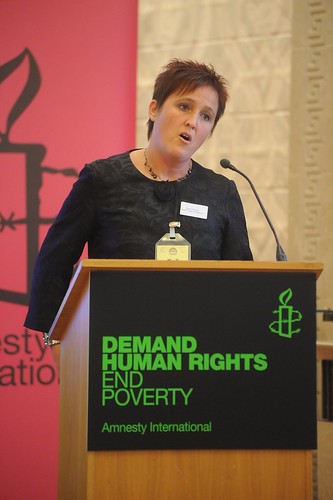
Parts of England are facing dangerously high shortages of midwives as Britain's birthrate rockets, according to a professional body.
The Royal College of Midwives (RCM) said that while there are shortfalls across the country, some areas are worse than others, putting mothers and babies at risk.
Midwife numbers have not kept pace with the birthrate in England, which has risen 22% in the past two decades, an RCM report has claimed.
Prime Minister David Cameron has been urged by the RCM to honour his pre-election pledge to recruit more midwives.
The report said 4,700 more midwives are needed across England to keep up with added pressures, such as growing numbers of obese and older pregnant women.
Their figures showed the North East and North West had a shortfall of less than 10% while the East Midlands and East of England needed 41% more midwives, it was reported. Meanwhile, the South East was said to be more than a third short of staff.
While the North East needed only 91 extra midwives, the South East required an extra 1,015. A medium-sized maternity unit delivering 3,000 babies a year would need around 91 midwives, according to the RCM.
RCM general secretary Cathy Warwick said: "This is not just a paper exercise to prove a point. These figures represent real and serious shortages in our maternity services. Each single number is a midwife that should be there caring for women and their babies, but isn't.
"It is also not just about numbers. Births are also becoming increasingly complex, needing more of midwives' time. The combination of this and the rising birthrate is a dangerous cocktail threatening the safety and quality of maternity care.
A Department of Health spokesman said: "Record numbers (of midwives) entered training last year and there are 2,490 planned midwifery training places this year. Safety is paramount in the NHS and all mothers and their babies should expect and receive consistently excellent maternity care. Most women tell us that they feel positive about their maternity care experience."
The Press Association, photo by Amnesty International NI



































